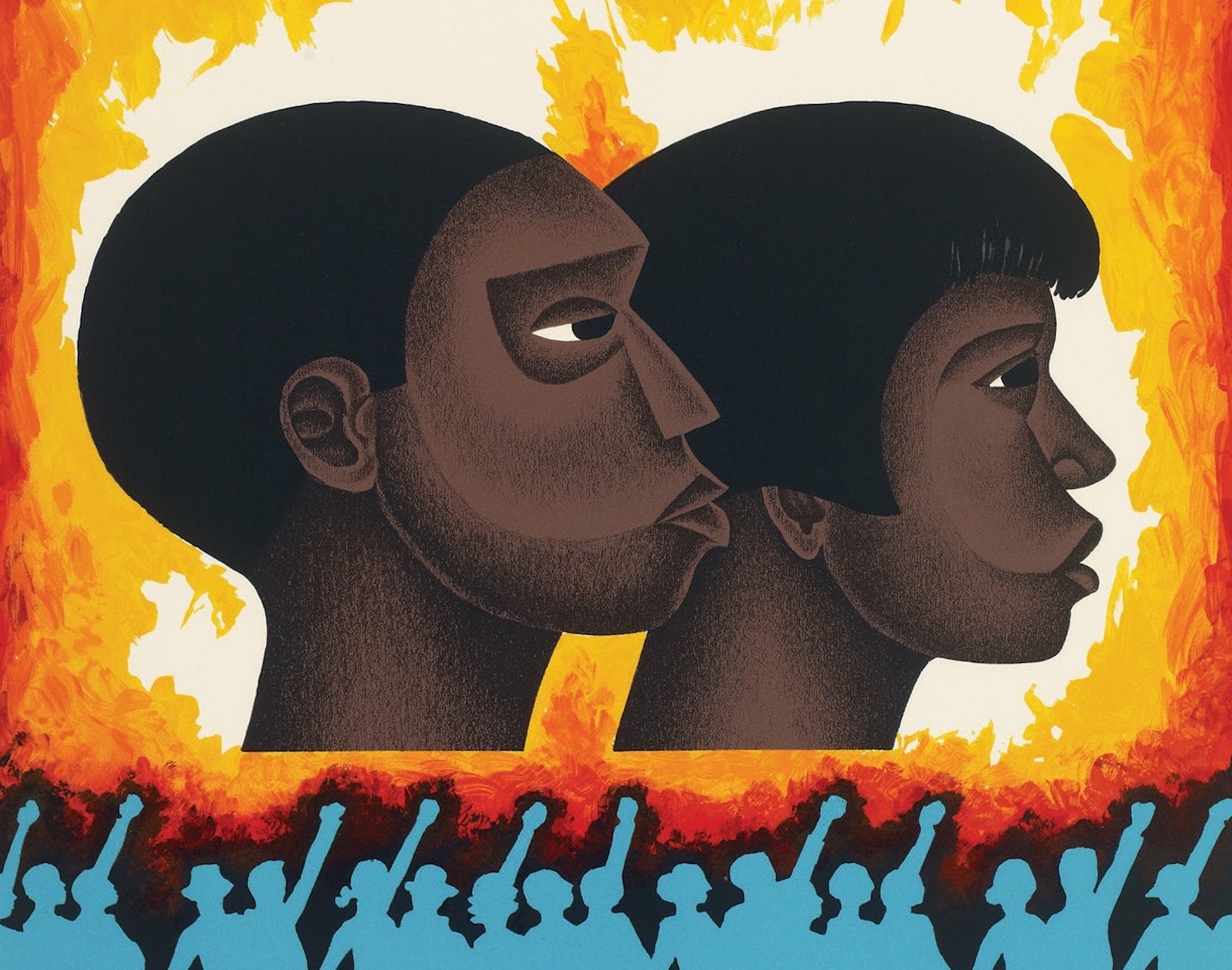What is the source of black youth activism? What nurtures it, and how has it evolved over time?
Shelter in a Time of Storm: How Black Colleges Fostered Generations of Leadership and Activism
By Jelani M. Favors.
Chapel Hill: University of North Carolina Press, 2019.
What is the source of black youth activism? What nurtures it, and how has it evolved over time? In light of the recent waves of student activism for racial justice across colleges and universities, and across society more broadly, these questions have become foundational to understanding the contours of resistance to the structural inequality that so defines the American nation.
In Shelter in a Time of Storm, Jelani M. Favors offers a rich narrative that centers on the significant role historically black colleges and universities (HBCUs) have played in cultivating and shaping the black youth activism that triggered social change at key moments in American history. Black colleges do not have a large presence in the histories of American higher education. They are mentioned, but narratives about these institutions rarely illustrate the depth of their contributions and their significance to the advancement of black communities. Favors argues that these contributions can be captured in what he calls a “second curriculum” focusing on conversations, relationships, lessons, and events that awoke the race consciousness of students. It was through this consciousness that students were able to embody and act on their desire for justice. Favors’s account of the activism of these students reveals the larger importance of black colleges, of black spaces, to the civil rights that we enjoy today.

